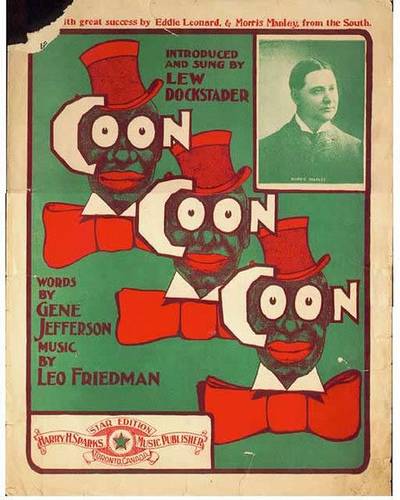Some paleontologists have a sense of humor. When Jenny Clack of the University of Cambridge discovered a fossil amphibian in the bed of an ancient swamp, she named it Eucritta melanolimnetes.
That’s Greek for “the creature from the black lagoon.”
Some paleontologists have a sense of humor. When Jenny Clack of the University of Cambridge discovered a fossil amphibian in the bed of an ancient swamp, she named it Eucritta melanolimnetes.
That’s Greek for “the creature from the black lagoon.”

Erno Rubik, inventor of Rubik’s Cube, became the first self-made millionaire in a communist country.
Four-year-old Joseph Rodriguez had been playing outside his aunt’s residence in East Harlem in September 1936 when he disappeared.
A few days later, his aunt received the following telegram:
Pauline, Joseph will be back on Wednesday. Doctor will not let me move him.
But Joseph never reappeared. His disappearance is one of the oldest unsolved missing persons cases in New York City.
The longest English word of one syllable is squirreled.

Lyrics to “Coon! Coon! Coon!”, billed as “The Most Successful Song Hit of 1901”:
Although it’s not my color,
I’m feeling mighty blue;
I’ve got a lot of trouble,
I’ll tell it all to you:
I’m cert’nly clean disgusted
With life, and that’s a fact
Because my hair is wooly
And because my color’s black.
My gal, she took a notion
Against the colored race.
She said if I would win her
I’d have to change my face;
She said if she should wed me,
That she’d regret it soon,
And now I’m shook, yes, good and hard,
Because I am a coon.
CHORUS:
Coon! Coon! Coon!
I wish my color would fade.
Coon! Coon! Coon!
I’d like a different shade.
Coon! Coon! Coon!
Morning, night and noon.
I wish I was a white man
‘Stead of a Coon! Coon! Coon!
I had my face enameled,
I had my hair made straight.
I dressed up like a white man,
And cert’nly did look great.
Then started out to see her,
Just shortly after dark,
But on the way to meet my babe
I had to cross a park;
Just as I was a-thinking
I had things fixed up right,
I passed a tree where two doves
Sat making love at night;
They stopped and looked me over,
I saw my finish soon.
When both those birds said good and loud,
“Coo-oo-oo-oo-oo-oon.”
squabash
v. to crush, smash, defeat
Homer Simpson’s social security number is 668-47-8008.

Bandleader Glenn Miller vanished over the English Channel in 1944 while flying from England to France to play for soldiers who had recently liberated Paris. His disappearance has never been explained, but here’s one possibility: In foggy conditions, Miller’s plane may have been bombed out of the air by the Canadian Air Force, which was disposing of unused bombs after an aborted attack on German positions.
“There is no rest, there must be no rest for a fellow when he is successful,” Miller once said. “He has got to keep right on going.”
Ronald McDonald is officially the “Chief Happiness Officer” of the McDonald’s Corporation.
In August 1660, an Englishman named William Harrison disappeared while walking from his home in Campden to Charingworth, about two miles away.
His manservant and son set out to find him, but Harrison’s bloodstained hat, shirt, and collar were soon discovered on the main road between Chipping Campden and Ebrington. There was no body.
In the furor that followed, the manservant accused his own mother and brother of killing Harrison for his money. He convinced the jury by acknowledging that the idea had been his own, and thus he was putting himself in jeopardy by admitting it. Why would he lie about such a thing?
All three were hanged in 1661. The following year, the missing man reappeared. He said he’d been abducted by pirates, sold into slavery, and escaped.
Why did the manservant lie, bringing a death sentence on himself and his family, if all were innocent? His confession has never been explained.